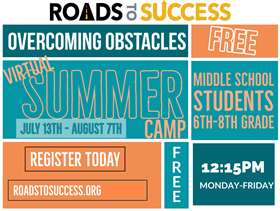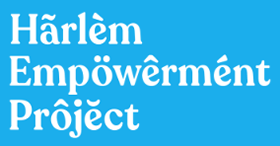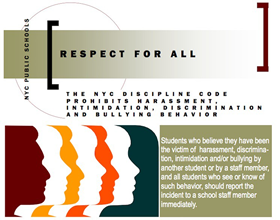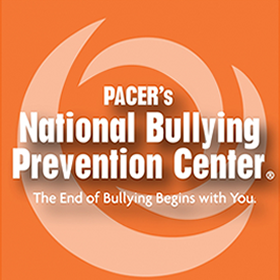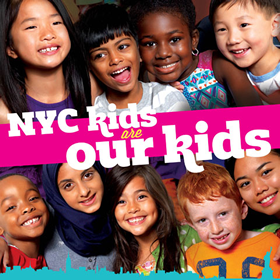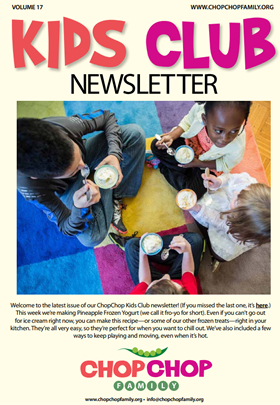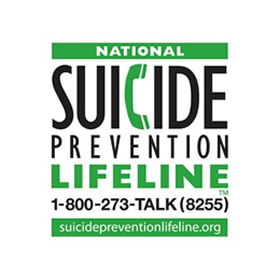Family Resources


Food Assistance The City of New York is providing assistance to New Yorkers in need of food assistance.
You can visit NYC311 here to learn more about food services that are available.
World Central KItchen WCK distributing meals in The Bronx, Queens, Harlem, Brooklyn & New Jersey
View Locations
Invisible Hands Invisible Hands is a group of engaged volunteers from communities at the least risk for severe COVID-19 reactions working to bring groceries and supplies to those in high-risk demographics. We’re focused most prominently on the elderly, disabled, and immunocompromised, but are available to help anyone in need.
Learn more here

Family Justice Centers
Brooklyn: 718-250-5113
The Bronx: 718-508-1220
Manhattan: 212-602-2800
Queens: 718-575-4545
Staten Island: 718-697-4300
During evenings and weekends, victims and survivors can access help and resources by: Calling NYC’s 24-hour Domestic Violence Hotline (800-621-4673); or Visiting the NYC HOPE Resource Directory online at www.nyc.gov/NYCHOPE
LIFT - Justice for All. One family at a time

You can find out if you are eligible for Public Assistance, also known as Cash Assistance. You can apply for cash benefits and participate in programs that prepare you for self-sufficiency. Most benefits are provided on an electronic card that is used like an ATM card.
Eligible families may receive up to 60 months of federally funded Cash Assistance under the Temporary Assistance to Needy Families Program (TANF). Single individuals without children and families who have already received Cash Assistance for 60 months may receive benefits under the New York State Safety Net Assistance Program.
Caregivers who are not foster parents but are financially responsible for children in their care may also be eligible for Cash Assistance.
Temporary benefits include:
- A cash grant that includes a shelter/rent portion
- Utility assistance grants
- Additional money to assist with other expenses
You can learn more about eligibility and the application process from the Human Resources Administration (HRA). You can also find out your case status.
Learn more about Public Assistance (Cash Assistance)
With ACCESS HRA, you can apply for some HRA benefits, submit documents for your application, manage your case, and much more! Use these resources to help get started: Learn more
To obtain public assistance call HRA/DSS at (718) 557-1399

Talking About Race with Young Children
NPR offers a 20 minute radio story for parents and caregivers, “Even babies notice differences like skin color, eye shape and hair texture. Here’s how to handle conversations about race, racism, diversity and inclusion, even with very young children.” Link to NPR Radio Story
The Child Mind Institute offers advice to parents on talking to children about race and violence in America. Link to Child Mind Institute.
Raising Luminaries provides specific advice for caregivers in “Anti-Racism 101: Starting to Talk About Race”. Link to Raising Luminaries.
Sesame Street and CNN host a town hall addressing race with young children. Link to town hall.
Anti-Racism Children’s Media
Fabienne Doucet’s #KidLit Resources Collection. Fabienne Doucet is an Associate Professor of Early Childhood and Urban Education at NYU. The resources list is geared at engaging children in complex conversations and provides a “non-exhaustive list of children’s books covering various social issues around equity and social justice.” Link to #KidLit
HealthLine Parenthood suggests a list of anti-racism books and other media for parents and children as young as infants. Link to HealthLine List.
Raising Luminaries provides a list of children’s books written by Black women and nonbinary authors. Link to book list.
A Kids Book About Racism is a book that has “a clear description of what racism is, how it makes people feel when they experience it, and how to spot it when it happens.” Link to book website.

Child Mind Institute Brochure 2020
By popular demand, the Child Mind Institute is thrilled to announce a digital SEL training for school-based mental health providers across the country. This live training will take place on Tuesday, July 21st from 1:30-4:30 EST.
This training will guide providers through the delivery of our interactive social-emotional workshops for students. Our resilience-building interactive workshop series is designed to teach coping skills to classrooms of students between the ages of 8-16, with adaptations for students as young as 5. Lessons stand alone, allowing classrooms to receive between 1-6 sessions. After completing the resilience-building workshop series, students learn important social-emotional skills and how to apply them in their lives.
The following options are available so you may customize the training to best meet your school community's needs. Please note that tickets are limited at each level and are available on a first come, first served basis.
- Webinar Viewing: This ticket allows you to view the webinar at no cost. Note that you will not be provided the manual or related resources with this ticket. Viewing the webinar will allow you to learn critical and helpful SEL skills for students that you can implement in your school community or practice. This training level is available for $0.
- Webinar + Manual: This ticket will allow you to download our Child Mind Institute 6-module SEL manual, complete with session guides and takeaways for students and teachers. This will allow you to fully implement each lesson with Child Mind Institute materials. This training level is available for $50.
- Webinar + Manual + Group Consultation: This ticket will provide you with the manual and resources, as well as 3 group consultation calls to receive support as you implement the workshops in your school community. In order to ensure optimal support in implementation, consultation calls will generally be scheduled once schools resume in-person meetings, although Child Mind staff are available should schools wish to implement this SEL curriculum via online forums. Group consultation calls ensure that trainees have mastered the delivery of these SEL workshops and allow increased opportunities for support and expert guidance. You will receive a certificate of training completion at this level indicating practitioner status. This training program is available for $100.
- Train-the-Trainer Program: Through the training program, you will receive the manual and resources, participate in 3 group consultation calls, have student data analyzed by Child Mind Institute staff to ensure mastery of workshop delivery, and participate in a final closeout consultation session with a Child Mind Institute clinician. After completing all parts of this program, you will be able to train other mental health providers and educators in your immediate community to deliver this workshop series and provide follow-up feedback to the Child Mind Institute as you do so. You will receive a certificate of training completion at this level indicating trainer status. This training program is available for $250.
Enrollment is a 2-step process. Both parts must be completed in order to participate.
- Make a ticket selection (and purchase, if applicable)
- Once you have secured your ticket, provide us with more information here
All participants must complete both forms by Monday, July 20th at 12noon. We are not able to extend this deadline.
Best,
Taylor Barkee
Project Coordinator, School and Community Programs
Child Mind Institute
646.625.4250
childmind.org | Location

Let’s Learn NYC! is a new educational public television program for children in grades 3K through second grade, which offers lessons to supplement remote learning.
Targeted for ages 3 through 8, the age-appropriate curricular content of Let’s Learn NYC is aligned to DOE standards and lessons for early childhood education. Episodes include a mix of foundational reading skills, literacy, math, social studies, and science.
Literacy lessons will focus on foundational skills such as phonics and fluency, reading vocabulary and comprehension, and writing.
Each episode will include a “story time”that helps students connect the literacy instruction to important facets of their lives and experience the power and pleasure that literacy offers.
Other lessons will focus on having fun with numbers, discovering science, and finding out about the world around us.
The hosts of Let’s Learn NYC! are DOE instructional leaders and coaches with expertise in teaching young learners.
Let’s Learn NYC! airs Monday – Friday, 12 p.m – 1 p.m.
You can also livestream the episodes at thirteen.org/live.
Following each broadcast, each episode and supplemental learning materials will be available on schools.nyc.gov and thirteen.org/letslearn.
Archived videos will include English and Spanish captions.
Erica Ramos-Cruz
Universal Literacy Reading Coach
Supporting 04M057 and 04M007
Early Literacy Citywide Team/DECE

NYC OACE (office of adult continuing education) for anyone18 and older (many free courses):
https://docs.google.com/forms/d/e/1FAIpQLSdRy4w8PpHPPPcbDSp3GrvfYvdzfL5CNalA2tSz0_h2dUNTjQ/viewform
SUNY University Center for AWD for anyone 18 and older (many free courses):
https://learn.sunyattain.org/local/user/contact.php?s=GMHC
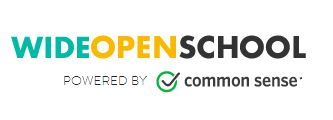
- Access an overview of the units their children are studying throughout the year, in grades K-8; high school units will be added soon.
- Engage with their child on what is taught at school;
- Find support for learning at home, like tips for keeping children focused, as well as information about using online learning tools;
- Assist with conversations at parent-teacher conferences;
- Locate afterschool activities.
To learn more about tools and resources available on Wide Open School, visit nycschools.wideopenschool.org.
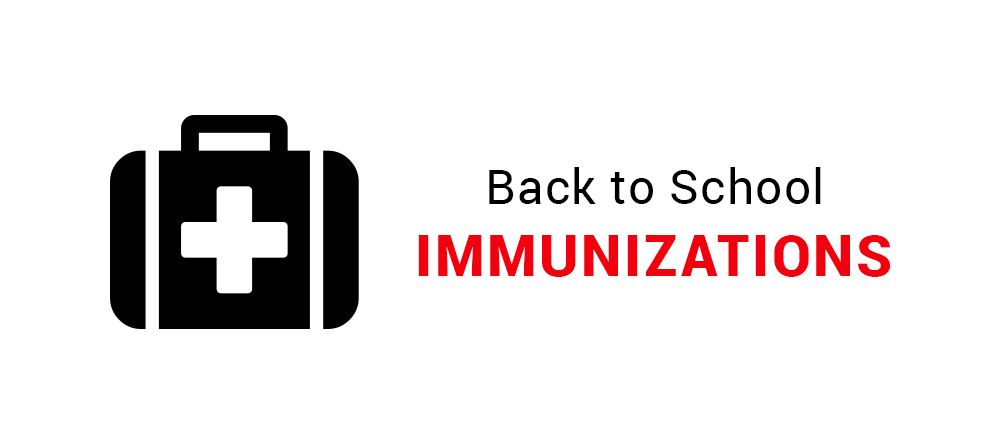
A healthy school setting gives all students the best chance to learn and grow. Vaccines are very important to this effort. Please visit the DOE for information on vaccination requirements and procedures.







